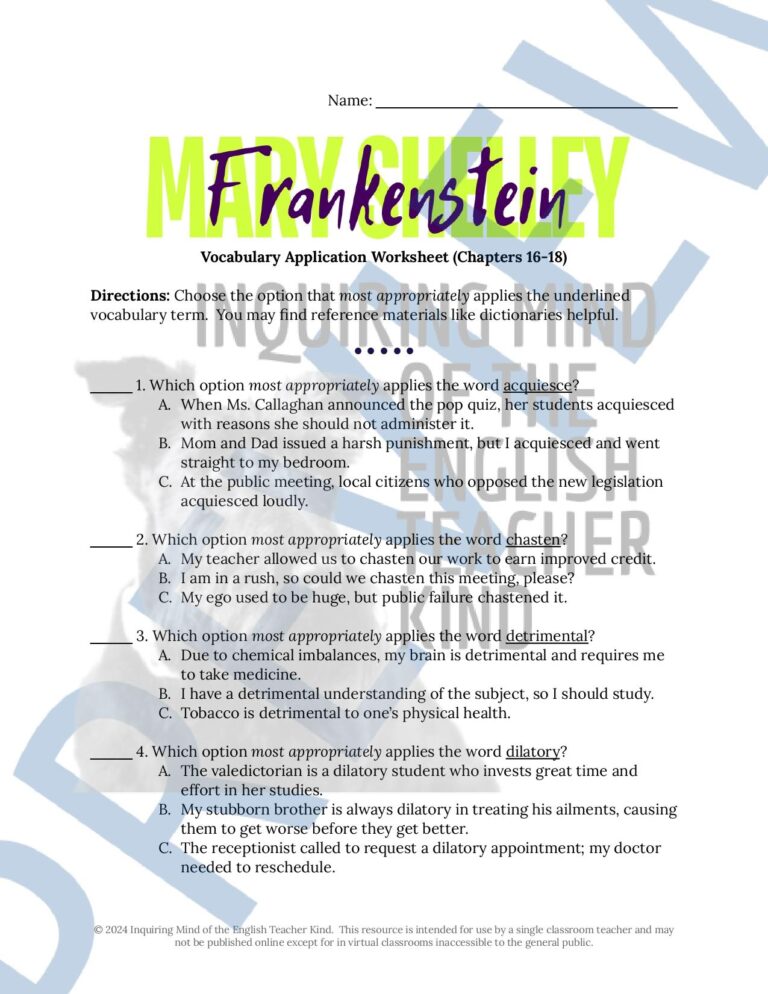Gabon: A Comprehensive Insight into Its Political Landscape, Economic Progress, and Social Dynamics
Situated in the heart of Central Africa, Gabon is a nation rich in natural resources yet grappling with complex political and social challenges. As an active member of both the African Union and the Economic Community of Central African States (ECCAS), Gabonãs influence on the continent continues to grow. The countryãs economy remains heavily reliant on oil exportsãa sector that has historically fueled growth but also exposed it to volatile global markets. In response, Gabon is pursuing robust strategies aimed at economic diversification and strengthening social welfare systems. This article delves deeply into Gabon’s governance structure, economic reforms, and societal issuesãexploring how these interconnected elements shape its journey as an oil-dependent country striving for sustainable development amid ongoing obstacles.
Governance and Political Structure: Navigating Power Concentration and Reform
The political arena in Gabon has been largely shaped by the enduring dominance of the Gabonese Democratic Party (PDG), which has held sway since President Omar Bongoãs tenure before passing leadership to his son Ali Bongo Ondimba. Although multi-party democracy was formally introduced decades ago, PDG’s grip on power remains firm with limited effective opposition presence. This concentration raises concerns about authoritarian practices including suppression of dissenting voices and curtailment of civil liberties.
Persistent challenges such as systemic corruption, questionable human rights conditions, and a significant role played by the military have periodically triggered unrest while impeding democratic deepening efforts. Weak institutional oversight combined with opaque governance mechanisms contribute to inefficiencies like bureaucratic inertia and restricted public engagement in policymaking.
Moreover, heavy fiscal dependence on oil revenues creates vulnerabilities that complicate reform agendas aimed at inclusive growth. Wealth distribution tends to favor a small elite group resulting in widening socio-economic disparities that fuel popular discontent. Nevertheless, rising civic activism signals growing demands for transparency reformsãan essential catalyst potentially reshaping governance frameworks moving forward.
Economic Diversification Strategies: Building Resilience Beyond Oil Dependence
With petroleum exports accounting for nearly 80% of government incomeãa figure underscored by recent data from 2023ãGabon recognizes the imperative need to reduce its exposure to fluctuating commodity prices through diversification efforts targeting multiple sectors.Agriculture, mining, and eco-conscious tourism development are central pillars within this strategy.
Modernizing agricultural practices aims not only at enhancing food security but also creating employment opportunities across rural communities; simultaneously tourism initiatives leverage unique biodiversity assets such as Loango National Parkãa globally renowned conservation area attracting increasing international visitors annually.[1]
Beyond traditional industries, innovation-driven approaches are gaining momentum through special economic zones designed to nurture entrepreneurship among youth eager to develop locally relevant solutionsãfor instance digital platforms improving water resource management or expanding access to renewable energy technologies. These projects benefit from partnerships with global institutions focused on infrastructure enhancement.
Sustainability underpins these initiatives; integrating green construction standards aligns national projects with international climate commitments. Such measures position Gabon as a frontrunner in environmentally responsible development within Central Africa.
Social Inclusion Challenges & Pathways Toward Equitable Growth
On the social front, Gabon faces considerable hurdles impeding broad-based progress across diverse population groups. Youth unemployment hovers near 30%, disproportionately impacting rural areas where educational facilities remain underdeveloped or inadequately funded.[2]
Additionally, income inequality worsens due partly to fluctuating oil revenues exacerbating divides between urban hubs like Libreville versus remote villages.
This growing disparity threatens national unity by fostering alienation among marginalized communities excluded from mainstream prosperity narrativesãhighlighting urgent needs for policies promoting equal access to quality education & vocational training alongside targeted job creation programs tailored specifically toward young people entering labor markets.
Conversely,Gabon possesses distinctive strengths capable of fueling community empowerment endeavors.The nation harbors one of Africa’s richest biodiversities offering vast potential through sustainable eco-tourism ventures generating local incomes while safeguarding natural heritage.Furthermore,fostering micro-enterprises within agriculture,cottage industries,and artisanal crafts provides avenues blending cultural preservation with economic advancement.Public-private partnerships increasingly play pivotal roles enhancing infrastructure quality,social service delivery,and overall living standards across varied regions.
By leveraging these assets alongside strategic interventions addressing systemic inequalities,Gabon can nurture resilient societies harmonizing tradition with modernityãa foundation vital for enduring stability.
Future Outlook: Strategic Priorities Steering Gabon’s Development Trajectory
In conclusion,Gabon exemplifies contrasts between abundant resource wealth juxtaposed against developmental disparities,persistent political complexities counterbalanced by reform aspirations,and rich cultural diversity amid socio-economic fragmentation.As it charts its future course,the synergy between effective governance reforms,economic diversification pursuits,and inclusive social policies will be decisive factors determining whether this Central African state realizes its substantial potential.
The resilience exhibited by citizens combined with strategic investments spanning green technology adoption,to educational improvements,to tourism expansion offers optimism despite uncertainties.With sustained collaboration involving domestic stakeholders alongside international partners,Gabon is positioned not only as a regional influencer but also as an instructive example reflecting broader continental trends shaping modern Africa’s evolving landscape.
Ultimately,the nationãs success will depend upon balancing respect for indigenous traditions while embracing innovation-led transformation ensuring prosperity reaches all societal layersãnot merely privileged elites.This balanced approach remains critical if Gabon aims at securing long-term sustainable progress while preserving ecological stewardship integral to its identity.
—
[1] World Tourism Organization Report 2024
[2] International Labour Organization Statistics 2023







